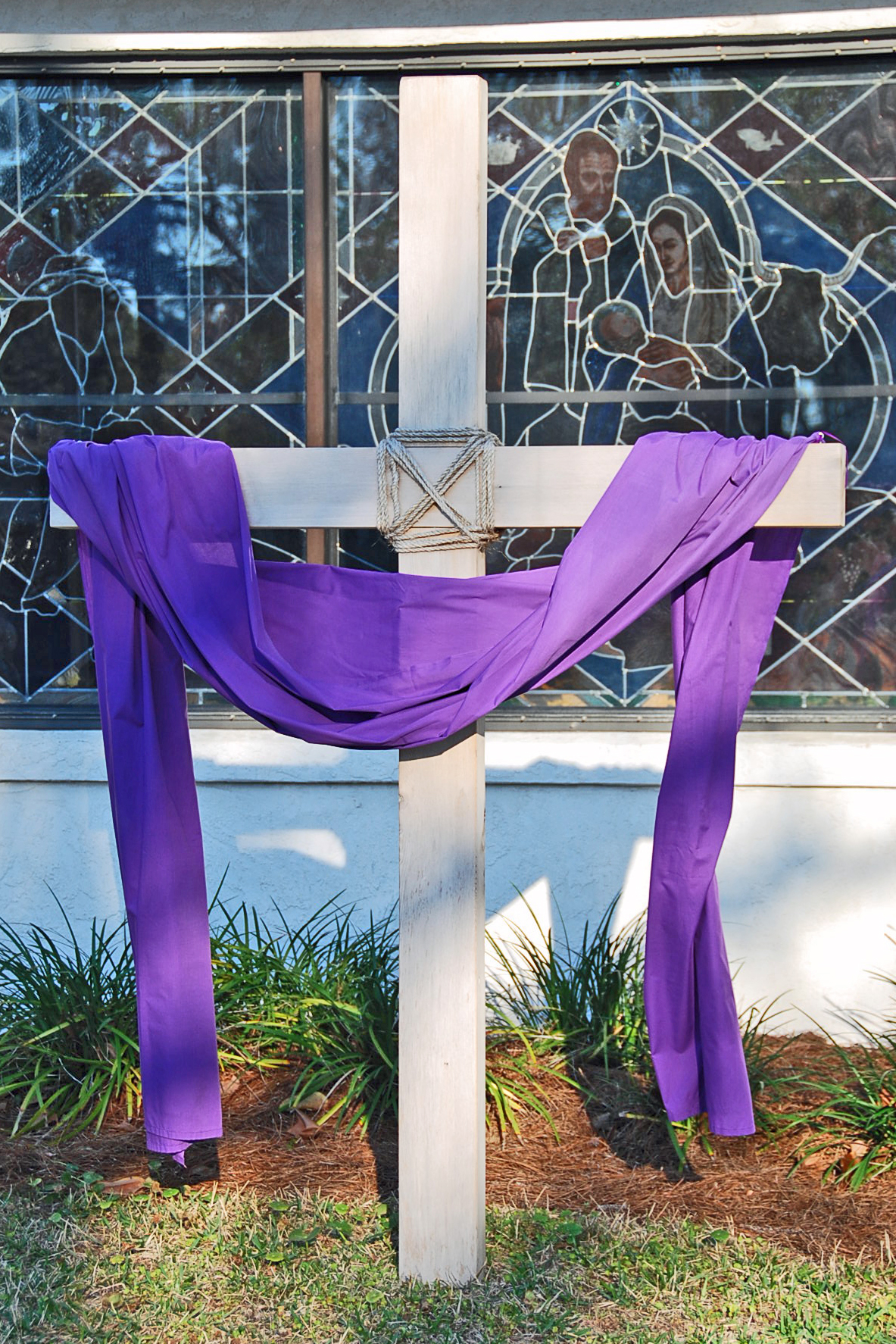This is how love is made complete among us so that we will have confidence on the day of judgment: In this world we are like Jesus. There is no fear in love. But perfect love drives out fear, because fear has to do with punishment. The one who fears is not made perfect in love.
We love because he first loved us. Whoever claims to love God yet hates a brother or sister is a liar. For whoever does not love their brother and sister, whom they have seen, cannot love God, whom they have not seen. And he has given us this command: Anyone who loves God must also love their brother and sister.
1 John 4.17-21
I like words. I like learning new words and playing with words. Words have a funny way of stirring the imagination, like when you begin to incorporate a new word into your life or writing, you realize that word exactly captures the thing you’ve always been trying to say. Or you learn that a common word actually means something different than you thought it did. “Epitome” comes to mind (it is not the apex of something, but the most obvious example of a thing), or “cell” (which was originally a small room where monks used to hide for prayer, but only later became a place to hide our criminals so they can learn to pray). Such knowledge opens new possibilities. You begin to reinterpret the world based on the new word and the truth it unveils.
I have learned a new word. It is the root of our English word “mercy.” It comes from the French word merci, which means thank you and is appropriately spoken after you receive a gift. God has given us a gift, and the response is gratitude. That is the first level of mercy.
But merci itself comes from the Latin word misericordia, which means the seat of propitiation. Misericordia were chairs in which the accused sat awaiting judgment. It was where they awaited sentencing, and when they got off scot free, their chair was known as the “mercy seat.” This is the second level of mercy: though we are guilty of many crimes against God’s holiness, he has pardoned us from our just punishment.
In the fourteenth century, German monks became famous for their artistic representations of misericords. In their case, they would carve rude and funny pictures into the bottom of the chairs in their church halls as a means of escaping the punishment of listening to an endless blathering of sermons.
But misericords and misericordia are not the final level of mercy. To find that, we must reach back even further into ancient Hebrew and the word chesed. There is no adequate English equivalent for this word. In English, mercy means compassion or pity. In Hebrew, chesed means fidelity and strength. In English, having mercy means overlooking an offense. In Hebrew, having chesed means loving the offender so much you’re willing to suffer instead of making him suffer. Chesed is the power that binds us to God and to one another.
If one of your children has ever broken something irreplaceable, you know the power of chesed. When I was a child, I snatched my grandfather’s Bible from its secret spot beneath my father’s bed. My grandfather had died a year before, and I was still angry, so I cut up his Bible with a knife I stole from the kitchen. My father was furious. That Bible could never be mended, just as my grandfather would never be returned. But I was not punished. My punishment was seeing my father cry. My father never made me repay him for the damage done. He refused to burden me with the guilt of it, and I remember knowing the full measure of his grief and of his love when he refused to pass that grief on to me in anger.
We are bound to God by mercy and by chesed. We know that he suffered for us because he loves us and wishes to spare us the full measure of atoning for our crimes.
One final word I’ve recently learned is related to chesed. That word is chasid and it means saint. The chasid is one empowered by chesed. We become saints when we live with mercy. When we appreciate the mercy of God, we are transformed by it. We no longer live as people who have gotten away with it (whatever “it” may be), but we are now people who pass mercy on to others. It is a gift we have received from God, a painful gift, and it is a gift we pass on to others. Through the chasid, God reaches into the world and passes His mercy virally.
This is the final level of mercy, in which we are transformed from recipients to vendors.
This post is from Seasons of Christian Spirituality.
fossores
Related posts
Categories
Category Cloud
Tag Cloud
Recent Posts
- Victors and Victims November 6, 2018
- 3 Hacks for Happiness October 29, 2018
- Hope Against Death September 20, 2018
- The Shape Of The Cross September 19, 2018


